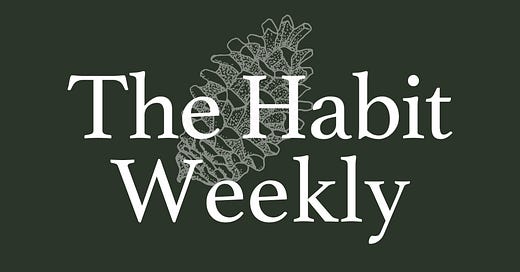We love stories of unlikely heroe. Of all the characters in The Lord of the Rings, the hobbits seem the least qualified to deliver the Ring to Mordor. We love the fact that they do. The very pedestrian muggles who raise Harry Potter believe he’ll never amount to anything, yet he is the object of hope and wonder in the much more wonderful world of the wizards.
In the truest story—that is to say, the story of the world—the hero is a most unlikely one: the King of the Universe was born not in a palace but in stable. His birth was announced not to the movers and shakers, but to shepherds on a hillside. He grew up in Galilee, a region so rural and backwards that people used to say, “Can any good thing come out of Galilee?” When he grew up, he didn’t have a home or a steady job. He hung out with laborers and tax collectors and losers and misfits of every stripe. And when his time had come, he conquered death through a most unlikely means: he died the shameful death of the cross and rose again from the dead.
Yes, Jesus was the most unlikely of heroes–and the only sort of hero who could rescue a human race that was hell-bent on its own destruction. There is an upside-downness to our story that requires upside-down solutions.
When the gospel began to spread, it didn’t spread rightside-up but upside-down—not through the powerful and the influential, but through twelve poorly educated sons of toil, some of whom, like Peter, were of questionable reliability. The gospel that began by paradox conquered the world by paradox.
I love what Paul told the Corinthians:
Consider your calling, brethren, that there were not many wise according to the flesh, not many mighty, not many noble; but God has chosen the foolish things of the world to shame the wise, and God has chosen the weak things of the world to shame the strong.
Which is another way of saying that, in the end, the real heroes turn out to be the unlikely heroes. We look at ourselves and say “I don’t bring much to this situation,” but God says, “No, no, no; I use the weak things of the world to shame the mighty, and the foolish things of the world to shame the wise.” We say, “We feel like orphans,” but God says, “No, no, no; you are sons and daughters of the Most High.”
It’s an upside-down world we find ourselves in. Thank God for unlikely heroes. And Merry Christmas.
In other news, this week Ginger Blomberg published a very insightful review of my Wilderking books over at The Gospel Coalition. She writes,
Fiction also prepares readers’ hearts for action and reorients their thinking on the daily challenges they’re already facing. With humor and high adventure, The Wilderking Trilogy celebrates loyalty, friendship, repentance, forgiveness, and kindness as the characters make choices and respond to hardships in ways that inform and inspire.
Ms. Blomberg is a reader of taste and decency. I am grateful for her kind words.
January 21-February 27. Writing with Shasta, an online creative writing class based on C.S. Lewis’s The Horse and His Boy (registration opening soon)
February 7-8. The Habit Winter Writers’ Weekend, at North Wind Manor in Nashville. (More information forthcoming, but registration is open.)
March 16-20. The Focus Retreat, at the Scarritt-Bennett Center in Nashville. Get more information here. Register here.
Virtual Writing Rooms on Monday, Tuesday, Wednesday, Thursday and Friday
In The Habit Portfolio: “Sir Galahad and the God in the Cavern,” discovered by Sandra Hughes. From the Lost Lost Tales of Sir Galahad series.
Wednesday Evening: Habit Poetry Group
Thursday Afternoon: Office Hours
Thursday Evening: Waiting on the Word Advent Book Club meeting
There's a place for you in this vibrant community of writers. Find out more about The Habit Membership here.






Amen. Have you heard Allen Levi's song, "Where the People Walk Backwards"? If not, bring tissues! https://www.youtube.com/watch?v=LkBTchxaGdI
We’re all unlikely heroes, impacting the world one person, one day at a time…